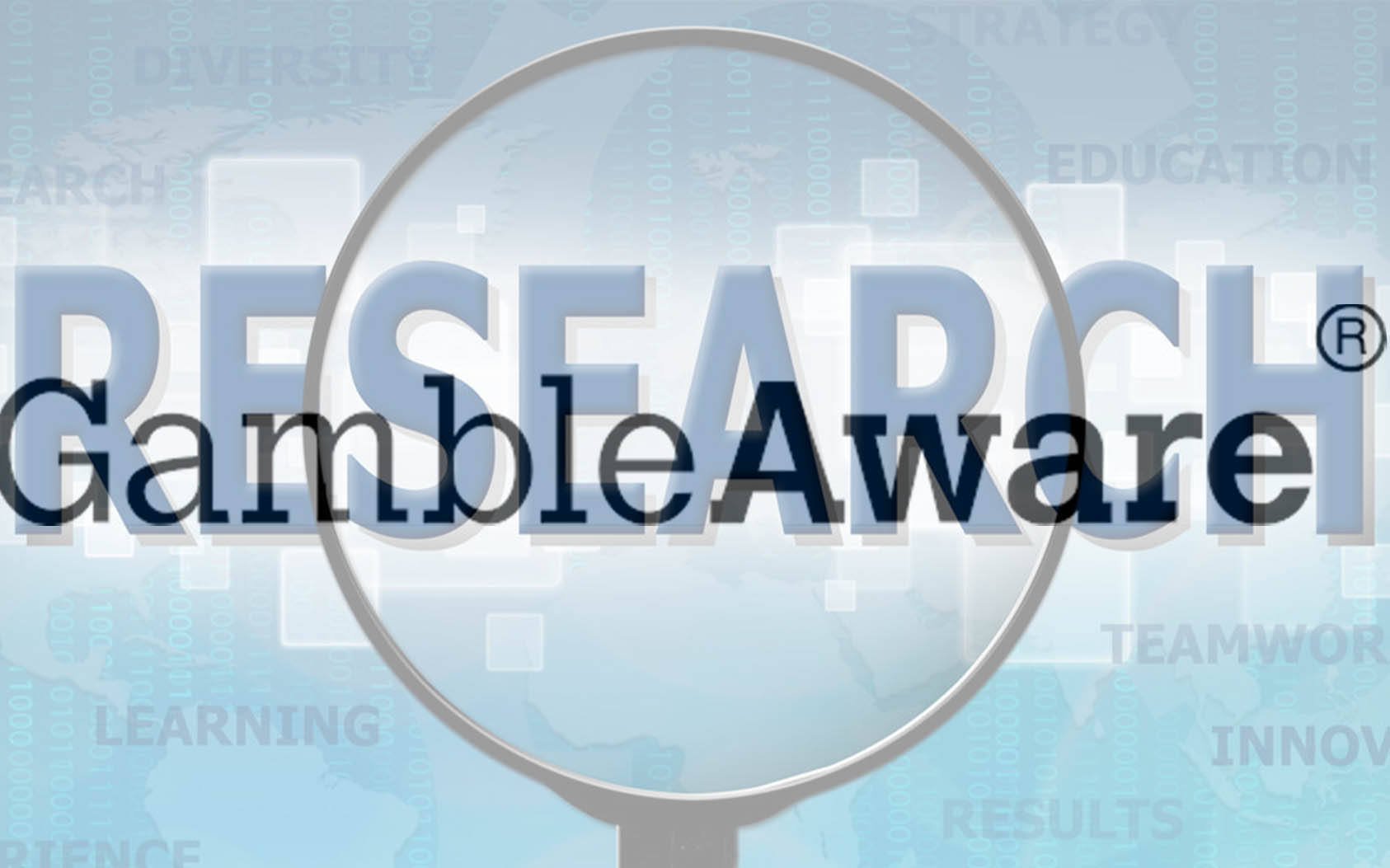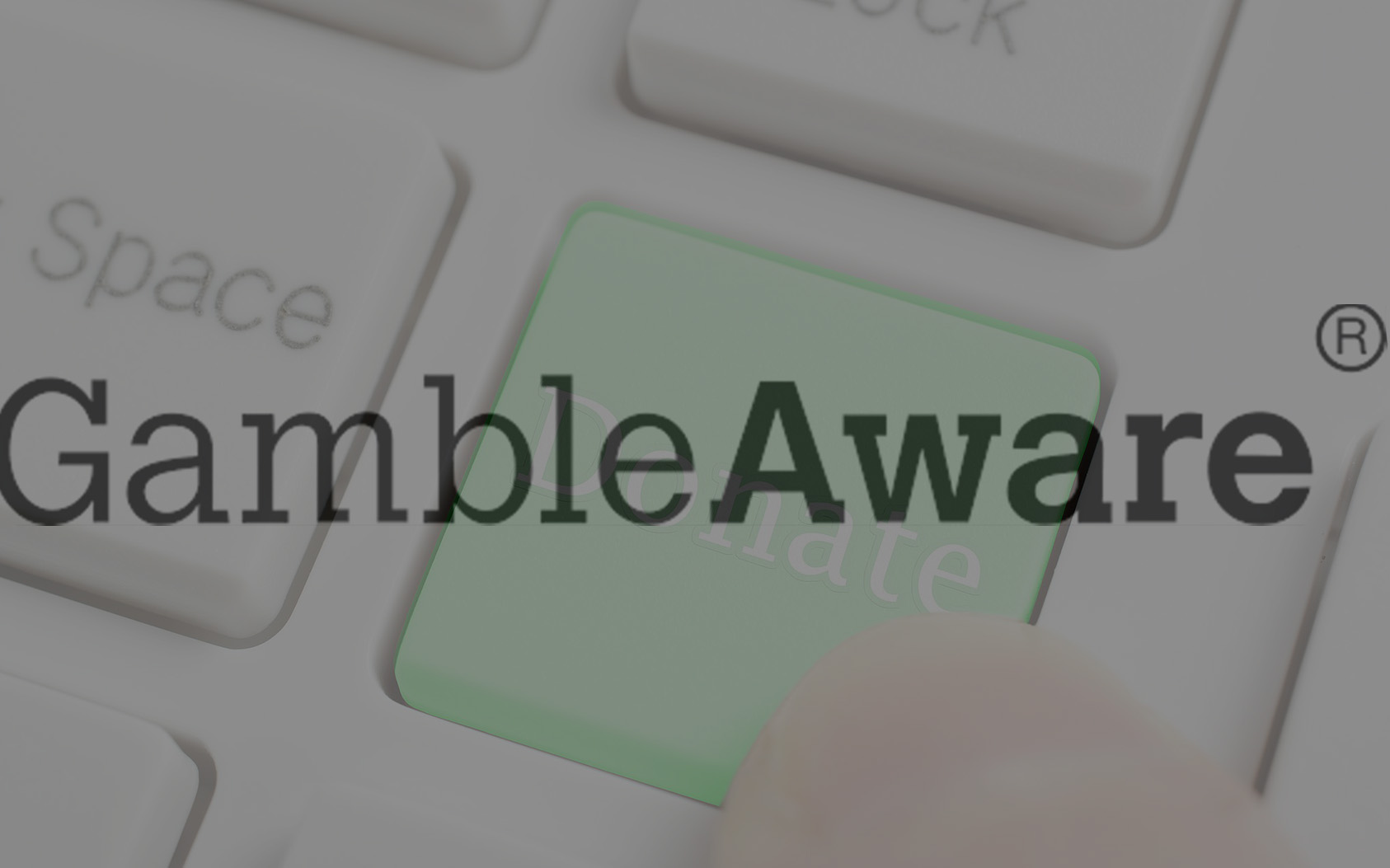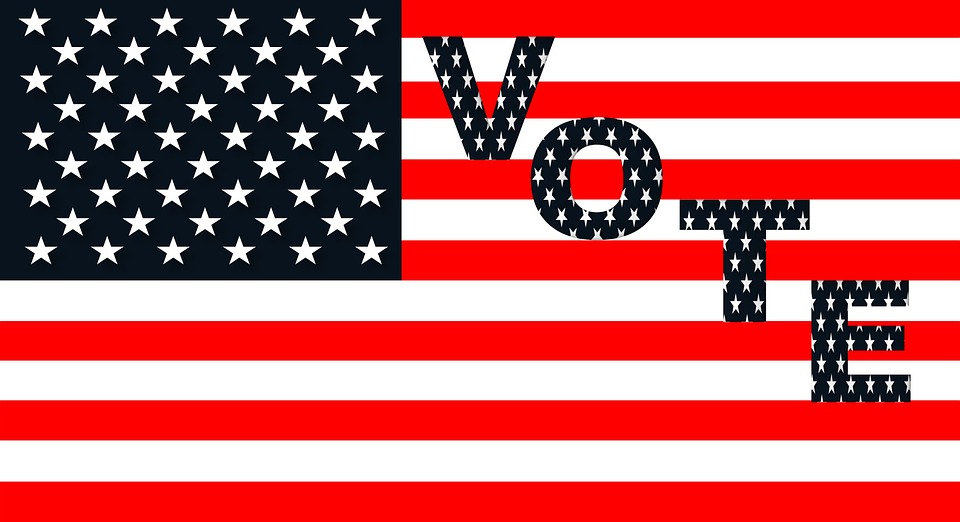 Published: 30.04.2020, 15:54
Published: 30.04.2020, 15:54 4 min read
4 min readFrom March 2019 to March 2020, UK gambling addiction charity GambleAware received a massive £10.05 million in donations. GambleAware CEO Marc Etches has lauded donors for allowing the company to meet its goal of £10 million for the first time ever. Over the past 10 years, GambleAware has seen increases in yearly donations, finally culminating in the charity receiving its minimum yearly financial target. According to Etches, this money helps the charity commission various organizations across Great Britain which help prevent and treat gambling-related harm.
- New Bet Regret Campaign from GambleAware
- A Look at GambleAware’s Open Letter Calling for Expansion of Preventative Treatments
What Is GambleAware?
GambleAware is an independent organization that works with the UK government in order to reduce gambling-related harm. It does so through three primary methods.
The first method GambleAware employs is to commission the National Gambling Treatment Service (NGTS). For instance, GambleAware helps fund the National Gambling Helpline, which received 30,000 calls from March 2018 toMarch 2019. GambleAware also provides financial aid to a network of care providers throughout Britain. The network services commissioned include face-to-face and virtual counseling, psychiatric services, brief intervention services, and residential programs. GambleAware is recognized as a partner of the NHS’ initiative to open 15 gambling addiction clinics throughout the next five years. GambleAware has also provided funding for the Royal Society for Public Health (RSPH) to create a training module that will teach primary care staff about gambling disorders.
The second method that GambleAware uses to reduce gambling-related harm is to produce public health initiatives on a national level. The charity funded Bet Regret, which is a preventative campaign designed to encourage people to “think twice” about gambling when bored or drunk. Another commissioned campaign is Fast Forward, which gives every Scottish youth the opportunity to learn about gambling and addiction prevention. GambleAware will evaluate the results of the program at some point in 2020, and then decide on whether it should commission similar campaigns in England and Wales.
The final harm-reduction strategy the GambleAware uses is to provide funding to research projects. The charity is currently commissioning over 40 projects, one of which is an evaluation of the NGTS. Another notable project is a review of effective gambling addiction treatments. All commissioned research is peer-reviewed and GambleAware makes sure that the projects follow the Research Council’s ethics policy.

GambleAware’s Evaluation Protocol
In 2016, GambleAware developed a system that it can use to evaluate its commissioned projects. The evaluation process should help the charity understand the effects that policies and other interventions have had. A satisfactory evaluation should make clear what works and what doesn’t. This will build GambleAware’s understanding of projects for the future. An evaluation protocol provides the charity with evidence to support claims justifying the existence of various programs and research projects.
The principles of evaluation are as follows:
- Credibility and Robustness: According to GambleAware, its evaluations must gather “robust” evidence which stakeholders would view as credible.
- Proportionality: The amount of evaluation should be directly proportionate to the scale of the evaluated target. High-risk interventions will need to be evaluated comprehensively.
- Independence: Independent evaluations often result in stakeholder confidence, due to the more credible results.
- Transparency: The intervention, the evaluation process, the results, and any conclusions should all be transparently explained to stakeholders.
Because of this rigorous evaluation system, we can rest assured that GambleAware takes the utmost care to ensure its funding actually makes a difference.
What Else Is New for GambleAware?
On April 24th, GambleAware published a document urging consumers to educate themselves on the heightened risk of gambling addiction during the ongoing COVID-19 pandemic. One piece of general advice was for people to look after their minds and bodies. People stuck at home may feel bored and anxious, and it’s important to take the time to preserve mental health. GambleAware gave a couple of resources that readers could use to look after their health, such as Healthier Scotland’s “Clear Your Head” website.
Another tip GambleAware gave is to stay in control over your distractions. Turning to gambling when bored can lead to destructive behavior. People who worry that they may be experiencing gambling addiction should make sure to only gamble with money that they can actually spare. Furthermore, if a person is going to gamble, they should first set a money limit. Throughout the activity, they should keep track of exactly how much they have spent.
GambleAware also recommended that readers should not try to chase their losses. This usually just ends up resulting in even bigger losses. Furthermore, people should only gamble when they have a clear head and are not under the influence of drugs or alcohol.
The document suggested that gamblers take frequent breaks and balance the gambling activities with other leisures, such as reading a book or calling a family member.
After these tips, the document gave some information about self-exclusion and blocking software. Self-exclusion is the process of asking an operator to ban you from using the service for a specific amount of time. It can be a short-term or a long-term solution. In addition to this, gamblers could choose to download a “site blocker”, which will prohibit them from visiting gambling sites via computer or mobile device. Some site blockers may even block out gambling ads on a webpage.
If those measures aren’t enough, a gambler could contact their bank and ask to block payments to gambling companies.
The document closed out with a list of resources that parents can use to make sure their children are not experiencing gambling-related harm. GambleAware also provided links to training that organizations can use to ensure their employees can properly identify and respond to gambling addiction.











